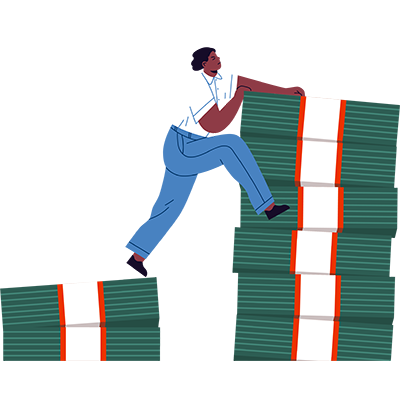Retention Reboot
2021 Health Trends
Finding the best frontline talent — from monitors to medical affairs, pharmacovigilance to field — has always been a challenge. The fight for these highly-skilled, high-performing experts is not only competitive in hiring but rife with retention challenges. Now, with the pandemic changing so many of these jobs in terms of everything from technology mastery to human contact, leaders are uncovering new ways to build lasting relationships with top talent. Chief among these strategies: safety and connectivity. An environment of safety means individuals know they can come forward with creative ideas in a low-risk environment. They know they’ll be heard. That contributes to the stability of teams. Connectivity, too, is more critical than ever via both a constant feedback loop on status toward goals, and rewards customized to what drives motivation in that region or for that individual.

Critical Question
What talent is most important to retain this year?
How have we changed our recruitment and retention approaches to support that?
Did you know...


Step Rates: The drivers of retention vary from region to region. In some areas — like Mexico and India — step rates are an effective strategy to keep top talent engaged and rewarded. With a step rate, each individual sets a specific goal with her manager. If that goal is met, the person moves onto the next step, like added responsibility, increased pay or even promotion. These programs give teams visibility into what their path is and important 1:1 time with managers.
Expecting Less: In the U.S., an annual survey of field representatives’ salaries found a year-over-year increase, to an average of $150,000+. But, importantly, those reps aren’t feeling bullish about their income in the year(s) ahead: they expect COVID-19 to curb it. That uncertainty has the potential to increase turnover as reps follow the highest potential launches and more certain incomes.
— Fierce Pharma, 2020



